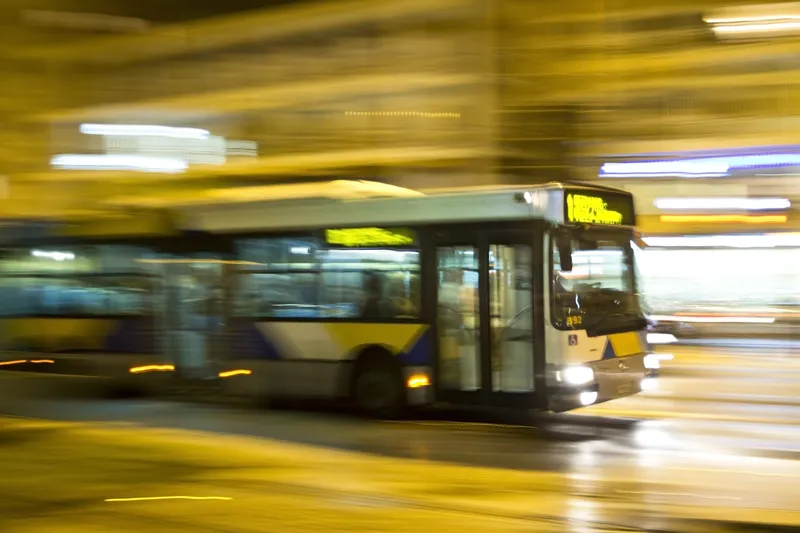The solution includes integrated applications such as a bilingual English and Spanish website and 511 phone system, subscription-based XML web services and a performance dashboard which analyses road network conditions.
Other improvements were made to the mobile app, interactive voice response and web services.
Kapsch’s EcoTraffix software powers the platform and helps regional agencies share real-time information with each other and the public.
The 511 system allowed regional agencies to share real-time data with the public about roadway conditions during the Dallas Integrated Corridor Management project.
According to Kapsch, the project’s scope increased through NCTCOG’s leadership to include more than 19 agencies in 12 counties and over 6,000 miles of regional roads.
Kapsch TrafficCom revamps traveller information system in Dallas-Fort Worth
Kapsch TrafficCom has upgraded a traveller information system in Texas to help transportation agencies in Dallas-Fort Worth optimise traffic flow. The new system will also provide travellers with real-time traffic and transit information.
Kapsch updated the 511DFW platform for the North Central Texas Council of Governments (NCTCOG). The company will maintain the system for two years and make improvements based on new data sources and customer feedback.
The solution includes integrated applications such
September 27, 2018
Read time: 2 mins









